
Recommendation
Artificial intelligence (AI) is a transformative agent for businesses, governments and economies. At the core of this upheaval lies a potential surge in productivity that could spark a robust worldwide expansion of economic activity. Scholars Martin Neil Baily, Erik Brynjolfsson and Anton Korinek analyze AI’s implications for long-term productivity growth and its impact on labor utilization, income disparities and wealth concentration. Executives, entrepreneurs and investors will find this an insightful though academic look at AI’s emerging economic effects.
Summary
About the Authors
Martin Neil Baily is a senior fellow emeritus in economic studies at the Brooking Institution’s Center on Regulation and Markets, where Anton Korinek is a fellow. Erik Brynjolfsson is the director of the Stanford Digital Economy Lab and a professor at the Stanford Institute for Human Centered AI.








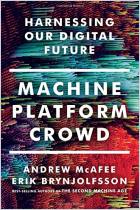
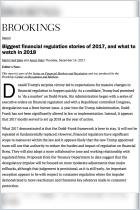
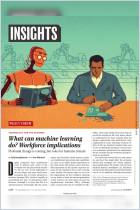
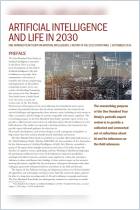
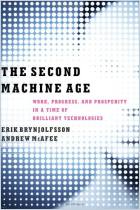
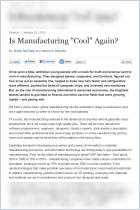
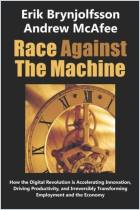
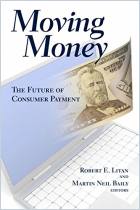
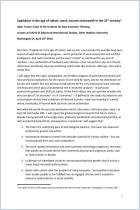
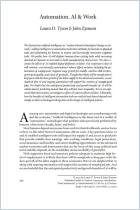
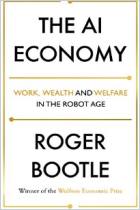

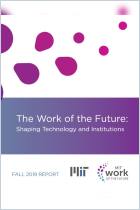

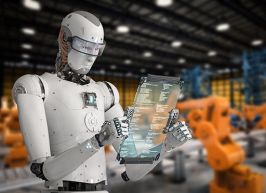
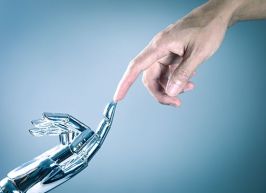





Comment on this summary or Démarrer une discussion